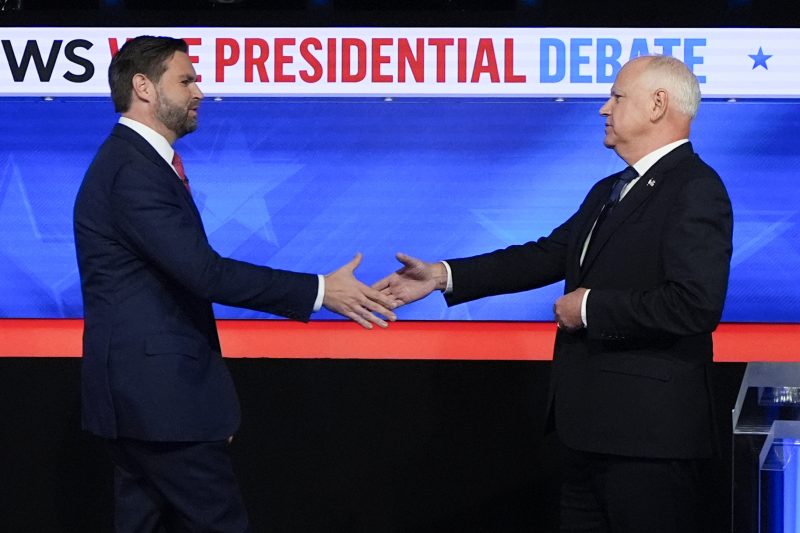In a recent interview with Vance, the topic of the 2020 election results came up multiple times. Vance’s response to questions about whether or not Trump lost the election was repeatedly evasive, reflecting the ongoing debate and division on this issue within the political landscape.
Vance’s reluctance to unequivocally acknowledge the outcome of the 2020 election raises questions about the state of political discourse and the acceptance of reality within certain circles. This stance seems to align with a broader trend of skepticism and mistrust surrounding the election results among some individuals, despite repeated confirmation of the legitimacy of the election by various authorities and legal bodies.
The reluctance to accept reality and the election results can have far-reaching consequences for the democratic process and the stability of the country. In a functioning democracy, it is essential for the losing side to accept defeat gracefully and commit to working within the established system to address their concerns and pursue change through legal and legitimate means.
The persistence of narratives that deny the legitimacy of the election results not only undermines the democratic process but also fuels conspiracy theories and erodes public trust in institutions. It is crucial for individuals in positions of influence, such as Vance, to demonstrate leadership by upholding the integrity of the electoral system and promoting a shared commitment to the democratic values that underpin society.
In the face of ongoing debates and challenges to the election results, it is imperative for all individuals, regardless of their political affiliation, to prioritize truth, facts, and evidence-based reasoning. The promotion of transparency, accountability, and a commitment to democratic norms and principles is essential for the health of the political system and the preservation of a functioning democracy.
While differing opinions and perspectives are a natural part of political discourse, it is crucial to distinguish between legitimate disagreements and baseless claims that undermine the foundations of democracy. By engaging in constructive dialogue, fostering mutual respect, and upholding the rule of law, individuals like Vance can contribute to a more inclusive, transparent, and robust political environment that serves the interests of all citizens.
In conclusion, the reluctance of individuals like Vance to acknowledge the legitimate outcome of the 2020 election highlights broader challenges facing the democratic process and the importance of upholding democratic values and principles. By promoting transparency, accountability, and a commitment to truth, individuals can help safeguard the integrity of the electoral system and strengthen the foundation of democracy for future generations.

